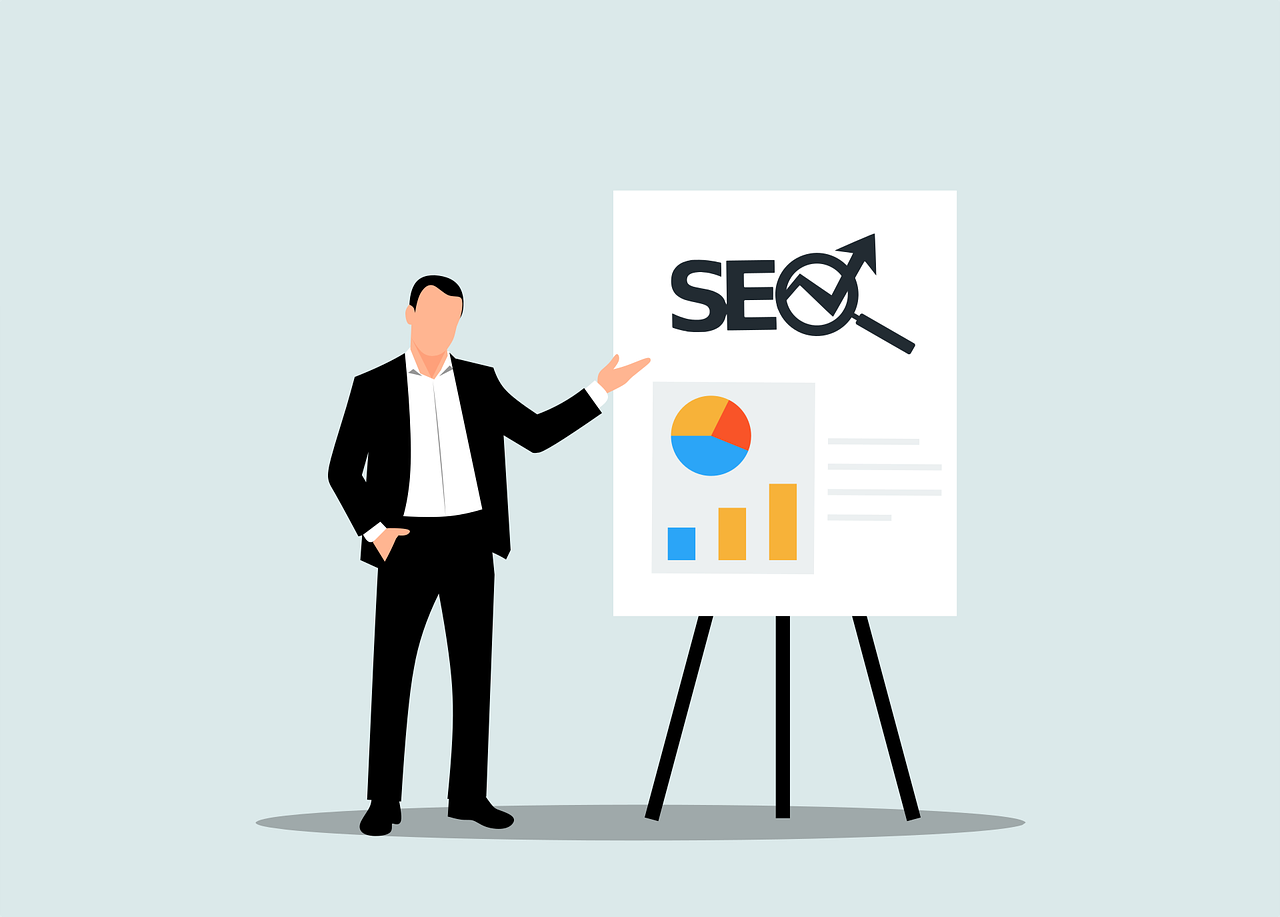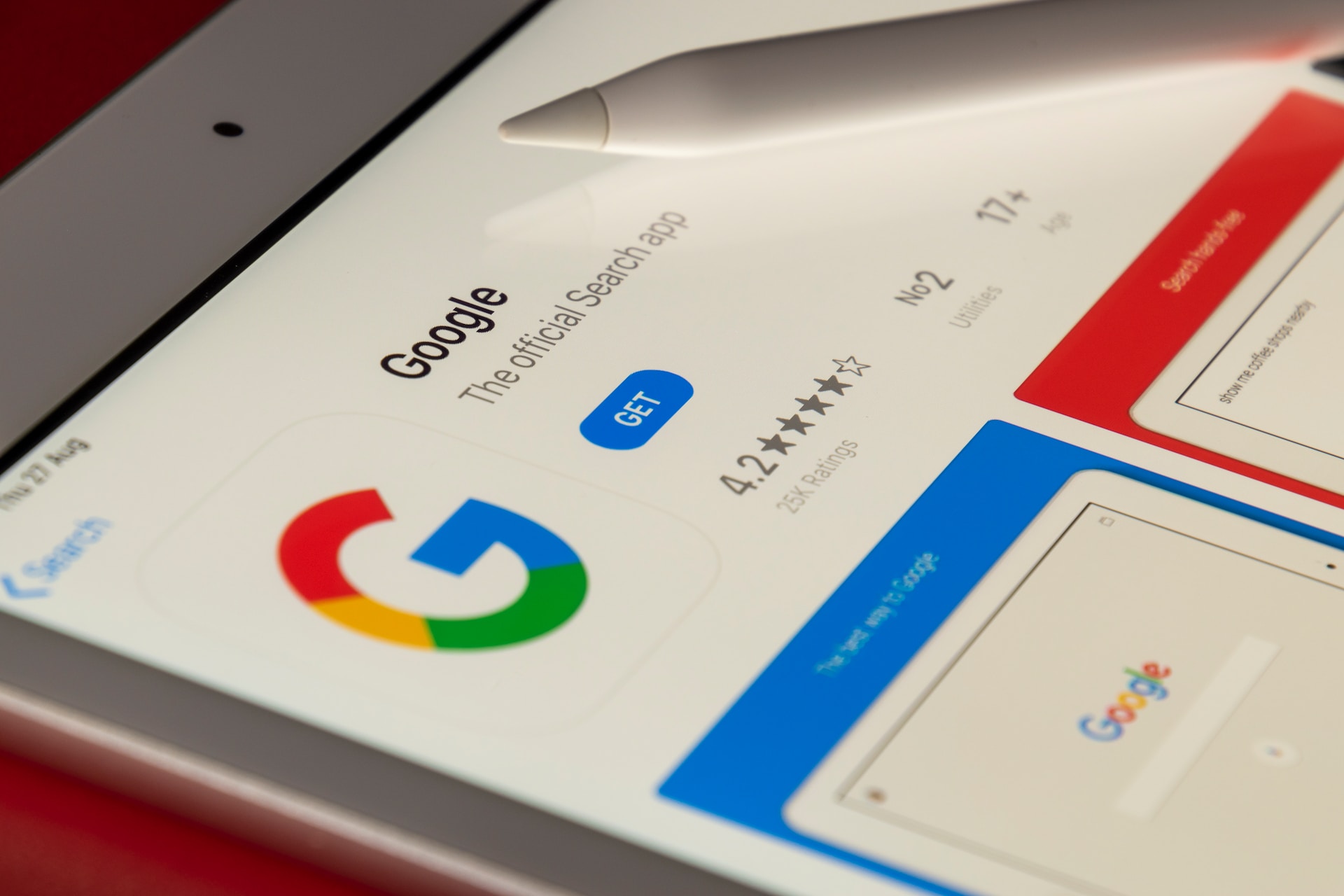Standing out from the crowd is essential for success in event marketing. While traditional marketing methods play a crucial role, harnessing the power of Search Engine Optimization (SEO) can significantly amplify your efforts. This comprehensive guide will walk you through advanced SEO strategies tailored specifically for event marketing, empowering you to take your events to new heights.
Potential attendees discover and engage with events primarily through online channels. Whether you’re organizing conferences, workshops, or entertainment events, a robust online presence is paramount. SEO is the key to ensuring your events are not only discovered by your target audience but also rank high in search engine results. This guide will delve into advanced SEO techniques designed to optimize your event marketing efforts.
Understanding the Dynamics of Event SEO and The Role of Keywords in Event Marketing
1. Crafting Event-Centric Keywords
To master SEO for event marketing, begin by understanding the keywords your potential attendees are likely to use in their search queries. Identify terms related to your event type, location, and industry. Utilize tools like Google Keyword Planner or SEMrush to discover high-impact keywords specific to your event.
2. Long-Tail Keywords for Niche Events
While broad keywords are crucial, long-tail keywords can provide a competitive edge, especially for niche events. These are more specific phrases that may have lower search volume but higher conversion rates. Tailor your content to include these long-tail keywords naturally, ensuring your event is visible to the audience that matters most.
3. Optimizing Event Pages
Your event pages are the digital storefronts for potential attendees. Optimize each page by incorporating target keywords into:
4. Content Relevance and Quality
Search engines prioritize content relevance and quality. Create informative and engaging content that aligns with your event. From event descriptions to blog posts, ensure your content provides value to both search engines and potential attendees.
Technical SEO for Events and Website Structure and Navigation
5. Mobile Optimization
As mobile usage continues to rise, Google prioritizes mobile-friendly websites. Ensure your event website is responsive and provides an optimal user experience across various devices. Google’s Mobile-Friendly Test can help you assess and improve your website’s mobile compatibility.
6. Page Speed Optimization
Page speed directly influences user experience and search engine rankings. Compress images, leverage browser caching, and minimize HTTP requests to enhance your event website’s loading speed. Tools like Google PageSpeed Insights can identify areas for improvement.
Backlinks and Social Signals for Event Marketing
7. Building Authoritative Backlinks
Backlinks remain a cornerstone of SEO. Cultivate relationships with influencers, sponsors, and partners within your industry to secure high-quality backlinks. Guest posting, collaborative content, and mentions in online publications can significantly boost your event website’s authority.
8. Social Media Integration
Social signals, such as likes, shares, and comments, contribute to search engine rankings. Integrate social media seamlessly into your event marketing strategy. Create shareable content, encourage user-generated content, and leverage social media platforms to amplify your event’s online presence.
Local SEO Strategies for Events and Geo-Targeted Optimization
9. Google My Business Optimization
For location-based events, optimizing your Google My Business (GMB) profile is crucial. Ensure your GMB listing includes accurate event details, attractive visuals, and positive reviews. This not only enhances your local SEO but also increases visibility in Google Maps.
10. Local Citations and Directories
List your event in local directories and citation websites to strengthen your local SEO. Consistent NAP (Name, Address, Phone Number) information across these platforms builds trust with search engines and potential attendees.
Analytics and Continuous Improvement for Event Marketing
11. Event Tracking with Google Analytics
Implement event tracking in Google Analytics to gain insights into user interactions on your website. Track key metrics such as page views, conversions, and user demographics. Analyzing this data enables you to refine your SEO strategy and better understand your audience.
12. A/B Testing for Optimization
Experiment with different elements of your event pages through A/B testing. Test variations of headlines, calls-to-action, and visual elements to identify the most effective strategies. A data-driven approach ensures ongoing optimization for better results.
Maximizing Visibility and Reach
SEO serves as a dynamic tool to amplify your event’s discoverability. By meticulously optimizing event pages with relevant keywords, your events gain prominence in search engine results, extending their reach beyond conventional promotional avenues. This expanded visibility becomes a gateway to a broader audience, drawing in individuals who may not have otherwise encountered your event.
Precision in Target Audience Engagement
SEO’s true power lies in its ability to precisely target your ideal audience. Through meticulous keyword research and optimization, your event content resonates with the specific interests of potential attendees. This targeted approach ensures that your event is spotlighted to those actively seeking experiences like yours, resulting in heightened engagement and increased conversion rates. SEO becomes a strategic ally in aligning your event with the right audience, fostering meaningful connections that translate into event attendance.
Fostering Credibility and Trust
Elevating your event’s credibility is a natural byproduct of effective SEO. By optimizing event pages and building authoritative backlinks, you establish your event website as a trustworthy source in the eyes of both search engines and potential attendees. A higher search engine ranking not only instills confidence but positions your event as a reputable and valuable experience. This trust factor becomes a compelling force, encouraging more individuals to register and participate in your event.
User Experience and Cost-Effective Marketing
Beyond keywords, SEO champions a holistic user experience. Optimizing your event website for mobile devices, enhancing page speed, and organizing content with clear headers contribute to a positive user experience. This not only satisfies search engine algorithms but also ensures that visitors can easily navigate and access vital information about your event, ultimately leading to higher satisfaction and engagement. Furthermore, SEO for event marketing proves to be a cost-effective strategy, reducing reliance on traditional advertising and paving the way for sustained, organic traffic. As your website gains authority, organic promotion becomes a long-term, economical asset, allowing for efficient resource allocation and a higher return on investment over time.
SEO for Event Marketing in 2023
Mastering SEO for event marketing is an ongoing process that requires a combination of strategic planning, technical expertise, and continuous adaptation. By incorporating advanced SEO techniques into your event promotion strategy, you can elevate your events, increase attendance, and leave a lasting impact on your audience. Embrace the power of SEO, and watch your events take center stage.





